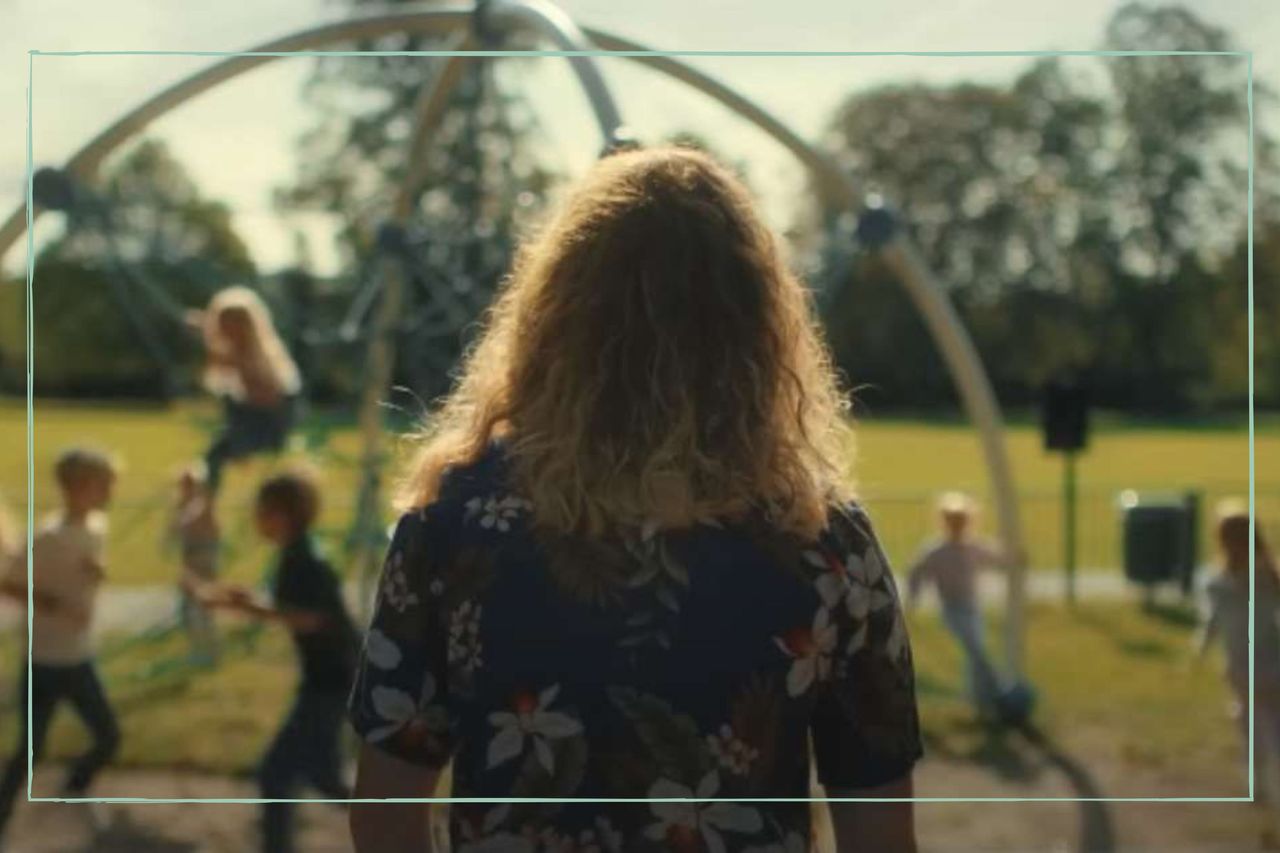Why did The Man with 1000 Kids have so many children? A psychologist explains his motivations
The shocking documentary has confused Netflix viewers, leaving many to wonder why Jonathan Jacob Meijer acted the way he did

Netflix’s The Man with 1000 Kids has shocked and disturbed viewers, leaving many to wonder what led Jonathan Jacob Meijer to compulsively donate sperm - We speak to a psychologist about the possible motivations for his confusing behaviour.
Having a baby should be the most exciting time of any family's life, from picking out a baby name to filling your home with newborn essentials. But for the families featured in Netflix's latest three-part documentary series The Man with 1000 Kids , all these moments were tinged with a feeling on betrayal, confusion, and sadness.
Released on Wednesday 3 July, The Man with 1000 Kids details the controversial case brought against Dutch musician Jonathan Jacob Meijer. In 2023, he was banned from donating sperm after it was revealed by the court that he had fathered more than 500 children, lying not only to multiple fertility clinics in Netherlands but also to the recipients of private donations across the globe, promising he had not donated sperm anywhere else before.
Not only is this immoral, it's actually illegal in the Netherlands where there's a 25-child limit imposed by national law.
The documentary has rightfully led many to question Meijer's motives. What could he possibly have wanted to gain from having so many children? While the documentary posed the theory that he was in competition with a 'rival' donor called Leon to see who could have the highest number of offspring, that just doesn't feel like explanation enough for such irrational behaviour.
To understand the possible motivation for Meijer's behaviour, we spoke to Chartered Psychologist Dr Mark Rackley. He tells us "When we suffer with poor or little internal validation, then we will then seek external validation from any number of sources. Good internal validation gives us a strong sense of identity and self-worth along with good self-esteem and good self-confidence."
He adds "This allows us to create healthy boundaries and make choices based on a high level of self-awareness. When we have poor or little internal validation, we experience self-loathing, internal shame, low self-esteem and low self-worth. This then can lead to engaging in unhealthy behaviours to make us feel good about ourselves, receive positive attention and give us a sense of worth."
GoodtoKnow Newsletter
Parenting advice, hot topics, best buys and family finance tips delivered straight to your inbox.
He expands on this, sharing "In this documentary, Meijer needed to be valued and validated. He then focused on fathering kids to give him that sense of value. Of course, this was totally selfish as it was all about the positive way it made him feel, not thinking about the consequences to the people or children.
However, the need for external validation can become addictive, so no surprises this man became addicted to the behaviour as he became addicted to the way it made him feel."
In other news, TikTok conspiracies about using sunscreen have boomed in popularity and left experts urging parents to educate their teens on sun protection. Plus, a mum has been awarded damages after her job offer was ‘pulled’ when employers found out children’s ages - we asked a legal expert how this changes the game for working parents. And, what is the ‘cash for babies’ scandal and where are Alan and Judith Kilshaw's twins now?

Dr Mark has worked as an adolescent and adult psychologist for almost two decades, having supported thousands of patients with mental health difficulties. Born and raised in Dublin, Ireland, he trained at Trinity College, Dublin.
Dr Mark is passionate about publicising and de-stigmatising mental health, using his wealth of experience to do so. He has his own successful podcast, ‘I have issues,’ where he talks with leading mental health specialists about a wide range of mental health topics. He has broad media experience and has offered expert opinion for Good Morning Britain, BBC Sunday Morning Live, CNBC, LBC radio and GQ.
Charlie Elizabeth Culverhouse is a news writer for Goodtoknow, specialising in family content. She began her freelance journalism career after graduating from Nottingham Trent University with an MA in Magazine Journalism, receiving an NCTJ diploma, and earning a First Class BA (Hons) in Journalism at the British and Irish Modern Music Institute. She has also worked with BBC Good Food and The Independent.
-
 Why do I crave sugar? Causes of sugar cravings and how to stop them
Why do I crave sugar? Causes of sugar cravings and how to stop themIf you're someone who suffers from sugar cravings you'll know how hard it is to give up the sweet stuff. But you're not alone.
By Debra Waters Published
-
 Low sodium diet: the benefits of reducing salt and what foods to eat
Low sodium diet: the benefits of reducing salt and what foods to eatBy Emily-Ann Elliott Published